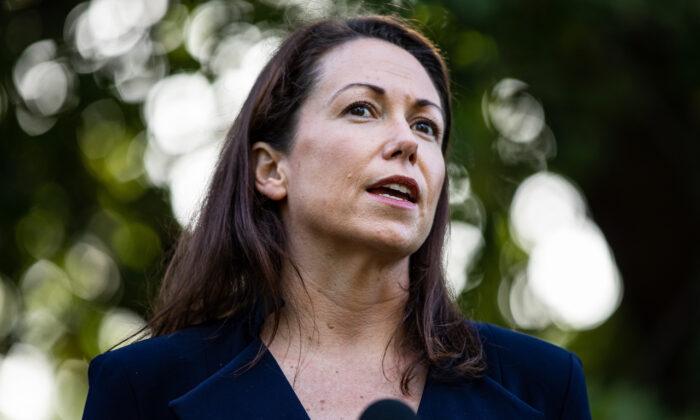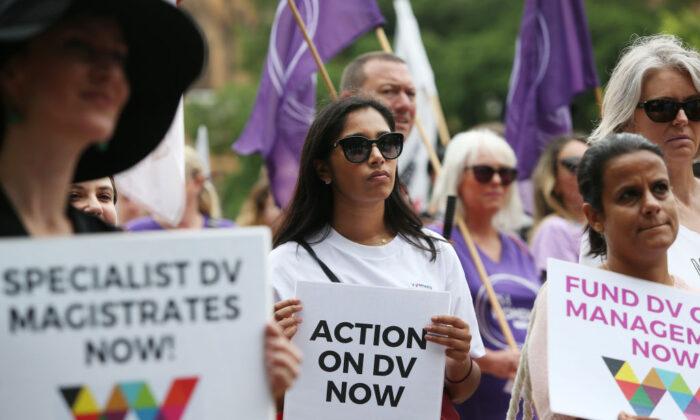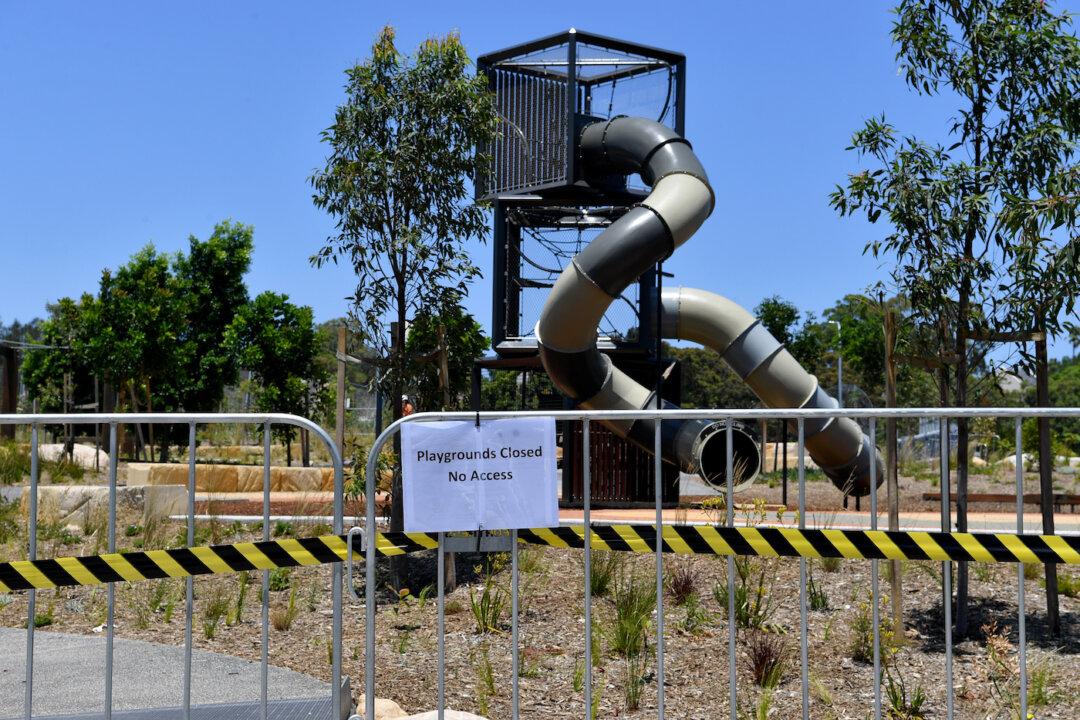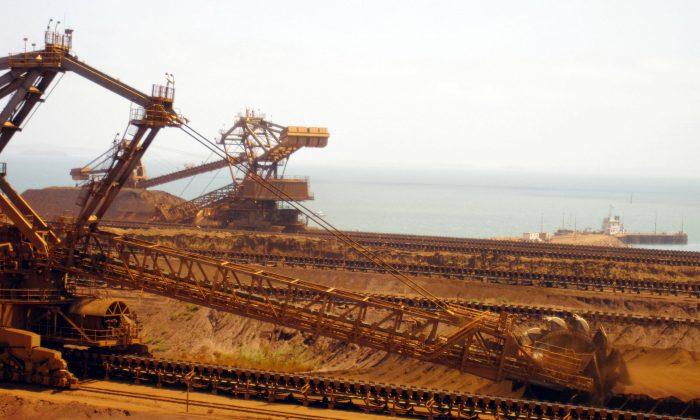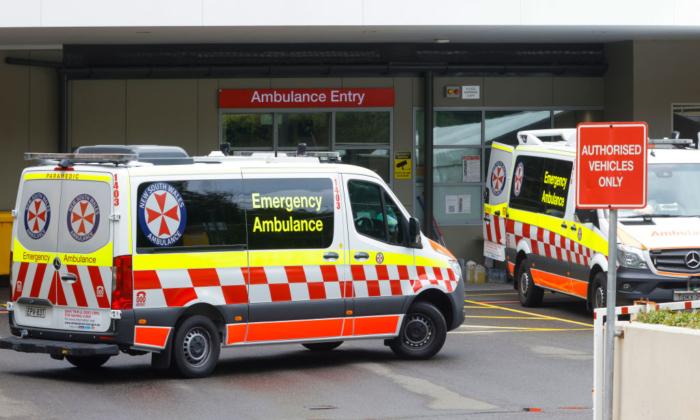Raising the age of criminal responsibility in Victoria to 12 rather than 14 would make no sense and ignore best practice, human rights, children and Indigenous advocates say.
Currently, children as young as 10 can be arrested, held on remand and jailed across the nation for committing crimes.
Australian states and territories have agreed to develop a plan to raise the age to 12, but a draft report last year recommended raising the age to 14 without exception.
The Victorian government could be poised to adopt the lower figure, with an announcement likely as early as next week.
Attorneys-general are scheduled to meet in Darwin on April 28 after Premier Daniel Andrews earlier this year flagged Victoria would soon go it alone if a national consensus couldn’t be reached.
The Northern Territory and ACT governments have committed to raising the age to 12 and 14, respectively, while Tasmania plans to raise the minimum age of detention to 14 but keep criminal responsibility at 10.
The Victorian Justice Department has been working on proposals to raise the age to either 12 or 14, reports AAP.
A spokeswoman for Victorian Attorney-General Jaclyn Symes declined to confirm if proposals to raise the age would be put to state cabinet on April 17.
“Victoria continues to work with other jurisdictions to consider the details involved in any increase to the age of criminal responsibility, but reserves the right to make further announcements in this space,” Symes said.
Commissioner for Aboriginal Children and Young People Meena Singh cautioned against a “two-stage approach”, by raising the age to 12 and then 14.
“There is no reason the Victorian government can’t commit to raising the age to 14,” Singh told AAP on April 21.
“It looks to us like it’s a decision that isn’t based on evidence ... it just doesn’t make sense.”
Young children who become involved with the criminal justice system are more likely to remain in it, Singh warned.
“The medical evidence says their brains are still developing,” Singh said.
“I'd say to government we need to stop treating children and young people, many of whom have experienced trauma and harm, as if they were adults and able to make adult decisions.”
Victorian Aboriginal Legal Service chief executive Nerita Waight said the state should be leading the country on the issue instead of being “dragged to a compromise no one wants or asked for”.
“Over 30 countries have an age of criminal responsibility that is 14 years or older. Those places don’t have greater issues with the behaviour of children,” Waight said.
Liberty Victoria said Victoria would be ignoring the United Nations minimum benchmark of 14, while the Human Rights Law Centre argued anything less than 14 or with exceptions would be an “abject failure”.
“Daniel Andrews cannot call Victoria the most progressive state or territory in the country if the Victorian government continues to lock 12-year-old children behind bars,” the centre’s Amala Ramarathinam said.
Aboriginal children make up almost 65 percent of young people behind bars across Australia, acting Victorian Greens leader Tim Read noted.
“To change this, we need strong action, not a timid gesture,” Read said.
No children aged 10, 11 or 12 were in Victorian youth justice centres as of April 19, but 11 between the ages of 13 and 14 were being held, none of whom identify as Aboriginal.
Shadow treasurer Brad Rowswell said the opposition would consider any legislative proposal to raise the age through the prism of community safety.
